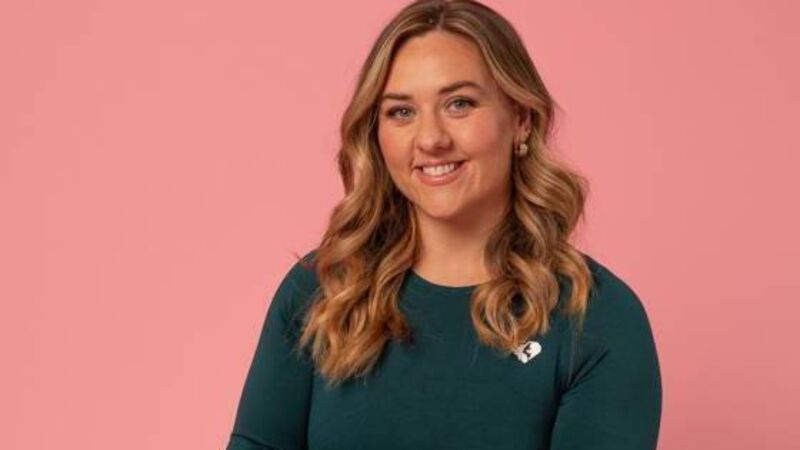Jennifer Carroll: My comedic persona became my safety blanket - at my expense

Jennifer Carroll: "There were definitely a few a**eholes who made fun of me — but I allowed myself to think that everyone felt this way towards me"
WHEN I walked into a room, I felt that people didn’t see me — they just saw my size. So I created a loud, larger-than-life, bubbly personality that, I hoped, would show others that there was more to me than just my weight. I fell into a bad habit of making ‘jokes’ or derogatory comments about myself.
My reasoning behind this was always ‘I know everyone else is thinking it, so I’ll break the ice and make it less awkward for us all by mentioning the elephant in the room.’








